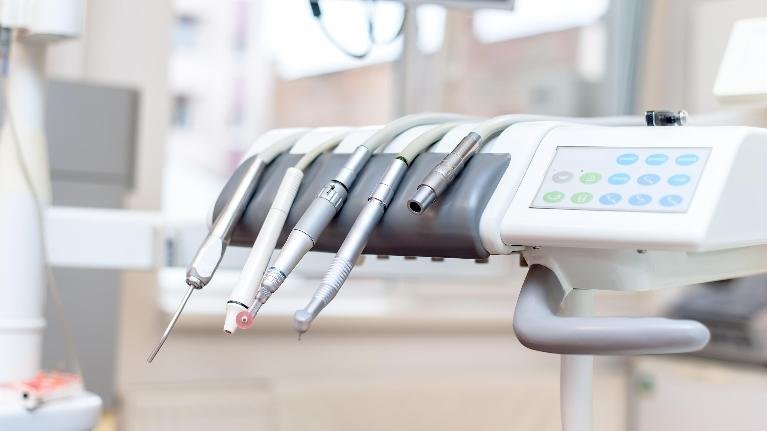
Our Services
Root Canal Therapy
Root canal therapy (aka endodontic treatment) is a very precise dental procedure that is performed inside of the tooth. It is necessary when the tooth’s pulp/nerve becomes inflamed or infected. The inflammation or infection can have a variety of causes, often from deep decay, which may cause uncomfortable dental pain. The endodontist will use a surgical operating microscope to help locate canals and increase visibility while treating your tooth. In addition, a pre-operative 3-D CBCT scan will also guide the endodontist in assessing your root canal anatomy.
Traumatic Dental Injuries
While most traumatic dental injuries occur in children and teenagers, people of all ages can be affected. Such injuries can be the result of sports mishaps, automobile accidents or bad falls. No matter the cause, the type and severity of the injury will determine the treatment necessary. An endodontist can assess traumatic dental injuries as part of a dental team to reduce the risk of tooth loss.
Endodontic Retreatment
During non-surgical endodontic retreatment, the endodontist will reopen your tooth and remove the filling materials that were placed in the root canals during the first procedure. The endodontist then carefully examines the tooth, looking for additional canals, fractures and signs of infection. The endodontist cleans and shapes the canals, and places new filling materials which will allow the body to clear the infection and heal.
Cracked Teeth
There are many different types of cracked teeth. Cracked teeth show a variety of symptoms, including erratic pain when chewing, possibly with release of biting pressure, or pain when your tooth is exposed to temperature extremes. In many cases, the pain may come and go, and your dentist may have difficulty locating which tooth is causing the discomfort. Your endodontist can examine your teeth to evaluate for signs of fractured teeth, which may or may not require root canal treatment.
Endodontic Surgery
Occasionally, a non-surgical root canal procedure alone cannot save your tooth and your endodontist will recommend surgery. Endodontic microsurgery can be used to treat canals that were not able to be treated during previous non-surgical treatment.
Cone Beam Computed Tomography
CBCT technology allows us to take a three dimensional view of teeth and the surrounding structures. Our particular unit offers a focused field of view, meaning that only a few teeth are imaged. CBCT technology is instrumental in the diagnosis of pathology in previously endodontically-treated teeth, assessment of resorption, evaluation of dental trauma, assessing complex root canal anatomy and calcified canals, and pre-surgical planning.
